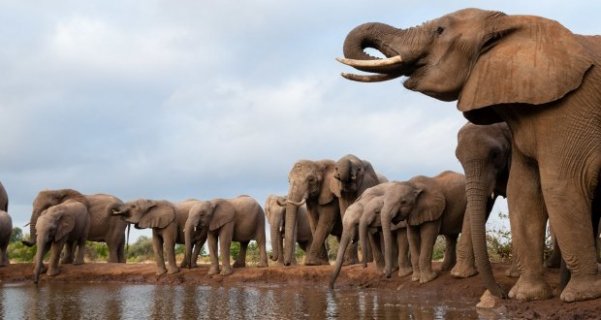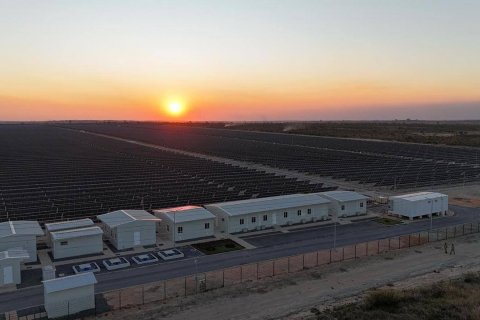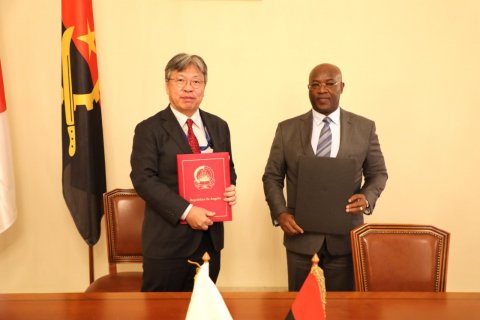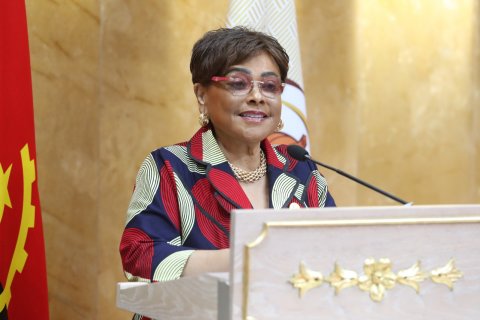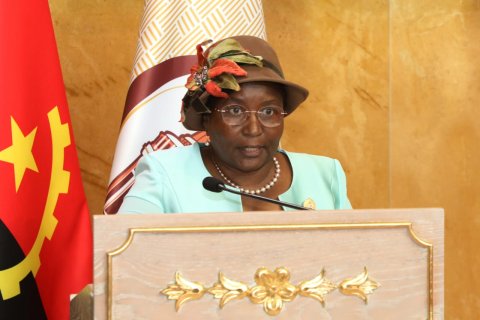The Standing Committee of the Convention on International Trade in Endangered Species of Wild Fauna and Flora (CITES) "recommended the suspension of all trade in species on the CITES list with Angola until further notice", with effect from January 10, 2024, announced the EIA this Thursday through a statement published on its website.
Angola has been part of the CITES National Ivory Action Plan (NIAP) since 2014, but is "making inadequate progress in implementing the action plan", which aims to strengthen the national response to poaching and trafficking through a series of legislative, political and conservation activities, concluded last November the CITES Standing Committee – which brings together the convention secretariat, governments and civil society organizations.
"The slow or inadequate implementation of NIAP activities is of great concern as it may undermine the fight against poaching and trafficking," CITES said.
Several activities of the Angolan NIAP, fundamental to creating national resistance to elephant poaching and ivory trafficking, "have stagnated", including "actions related to information and investigation services and the strengthening of law enforcement", added the organization.
"Although Angola was instructed to submit a report to the CITES secretariat with updates on these vital topics within 60 days of the end [of the November meeting], the report it submitted was again deemed inadequate and trade sanctions have now been applied in an attempt to force Angola to implement the NIAP and to encourage compliance with the Convention", established the Standing Committee.
Angola has a population of approximately 6000 elephants, of which a large proportion are transboundary. "Worryingly, among all the Kavango Zambezi countries, Angola recorded the third highest ratio of elephant carcasses in 2022, indicating high mortality and a possible negative population trend", the statement describes.
Furthermore, "the country has been exploited by organized transnational networks as an export and transit country for the trafficking of ivory and rhino horns from Africa to Asia", accused CITES.
The EIA database indicates that Angola was involved in the confiscation of at least 11 tons of ivory since 2016, but only 23 percent of seizures were made in the country, which highlights that large quantities of illegal ivory left Angola without being detected and were seized abroad.
In early 2023, Vietnamese authorities seized more than seven tons of ivory smuggled from Angola, which had transited through Singapore. However, there is no information about international law enforcement cooperation between Vietnam and Angola to investigate and hold accountable the people and entities involved for their offenses.
In addition to Angola, 13 more countries are failing to implement their NIAP and the slaughter of elephants and illegal ivory trade "is reaching unprecedented levels", according to CITES.

